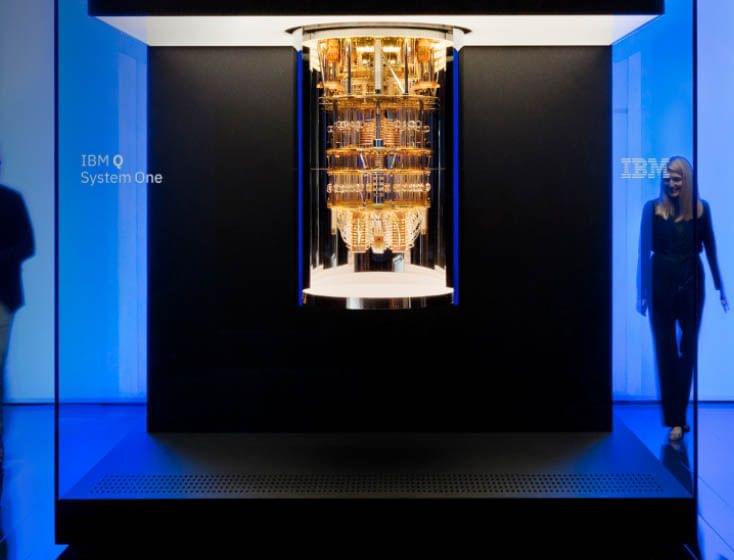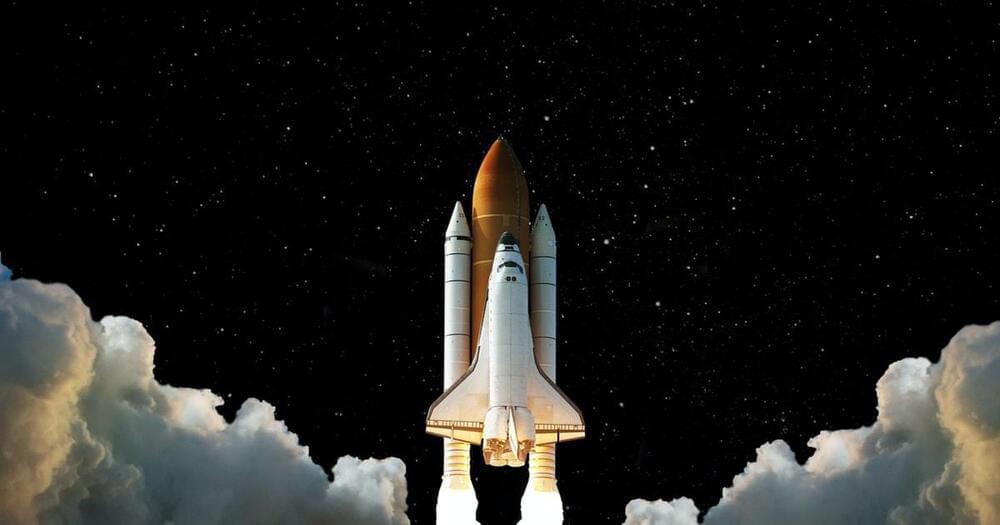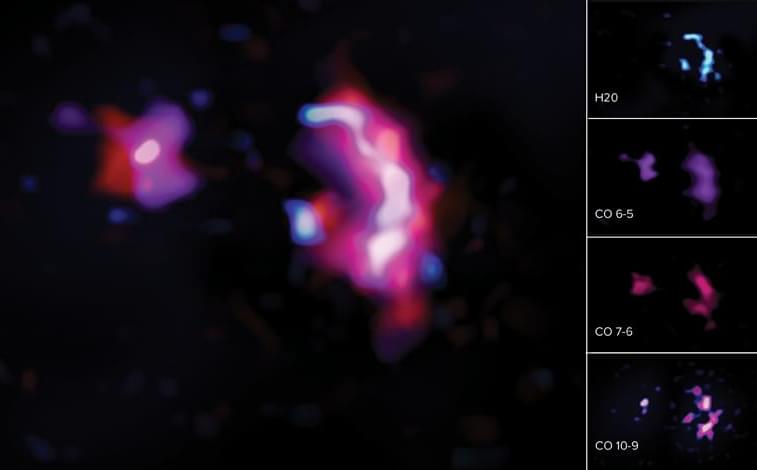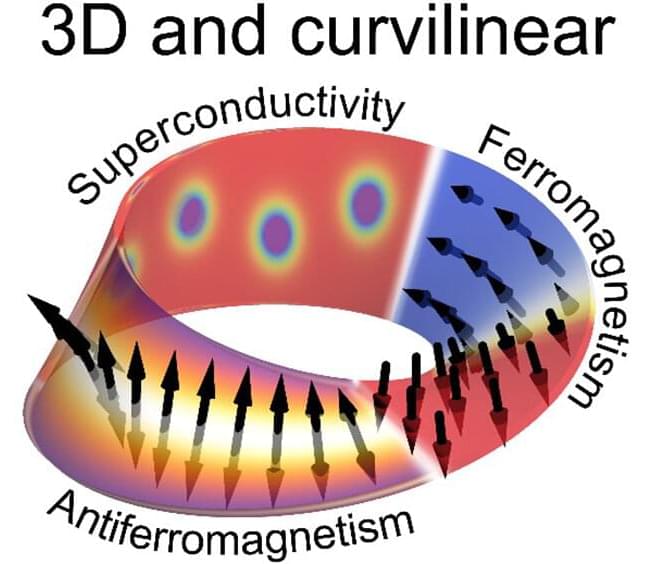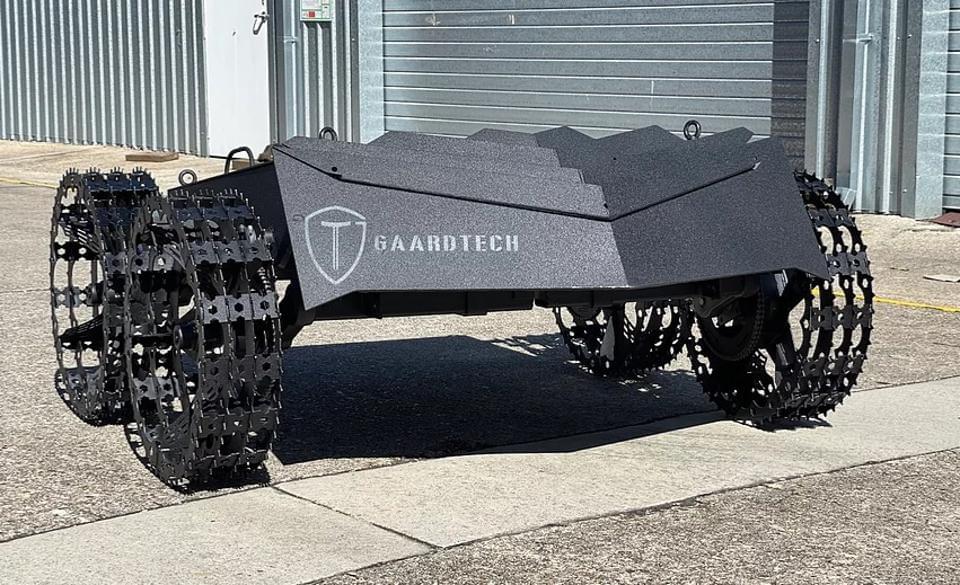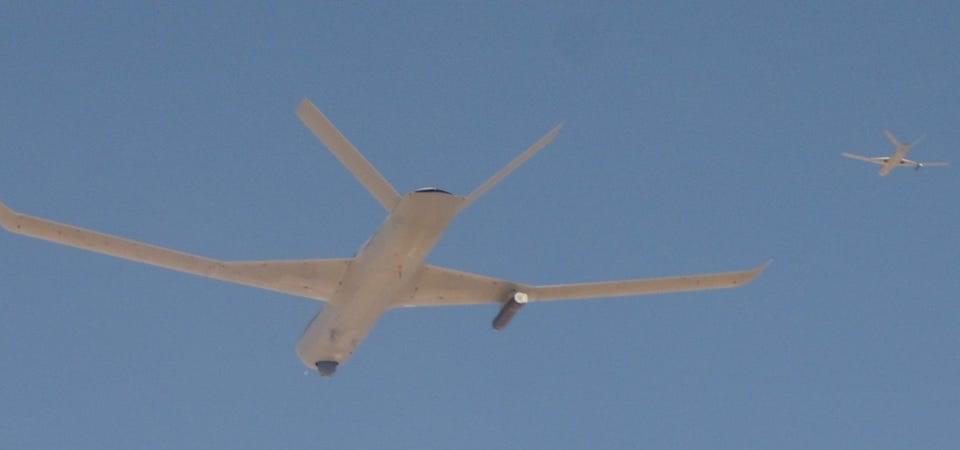Learning science is about understanding complex systems and interactions among their entities. Telescopes are for observing objects that are far away, and microscopes are for exploring the tiniest objects. But what tools do we have for visualizing general patterns, processes, or relationships that can be defined in terms of compact mathematical models? Visualizing the unseeable can be a powerful teaching tool.
SETI Institute affiliate Dr. Mojgan Haganikar has written a book, Visualizing Dynamic Systems, that categorizes the visualization skills needed for various types of scientific problems. With the emergence of new technologies, we have more powerful tools to visualize invisible concepts, complex systems, and large datasets by revealing patterns and inter-relations in new ways. Join the SETI Institute’s Pamela Harman as she explores what is possible with Haganikar.
If you like science, support the SETI Institute! We’re a non-profit research institution whose focus is understanding the nature and origins of life in the universe. Donate here: https://seti.org/donate.
Learn more about the SETI Institute and stay up-to-date on awesome science:
- Subscribe to our YouTube channel at https://www.youtube.com/c/SETIInstitute/
- Watch our streams over on Twitch at https://www.twitch.tv/setiinstitute.
- Listen to our podcast, Big Picture Science http://www.bigpicturescience.org/
- Subscribe to our newsletter https://seti.org/signup.
- Buy merchandise from Chop Shop https://www.chopshopstore.com/collections/seti-institute/SETI
Don’t forget to like and subscribe! Ring the bell for notifications of when we go live.
